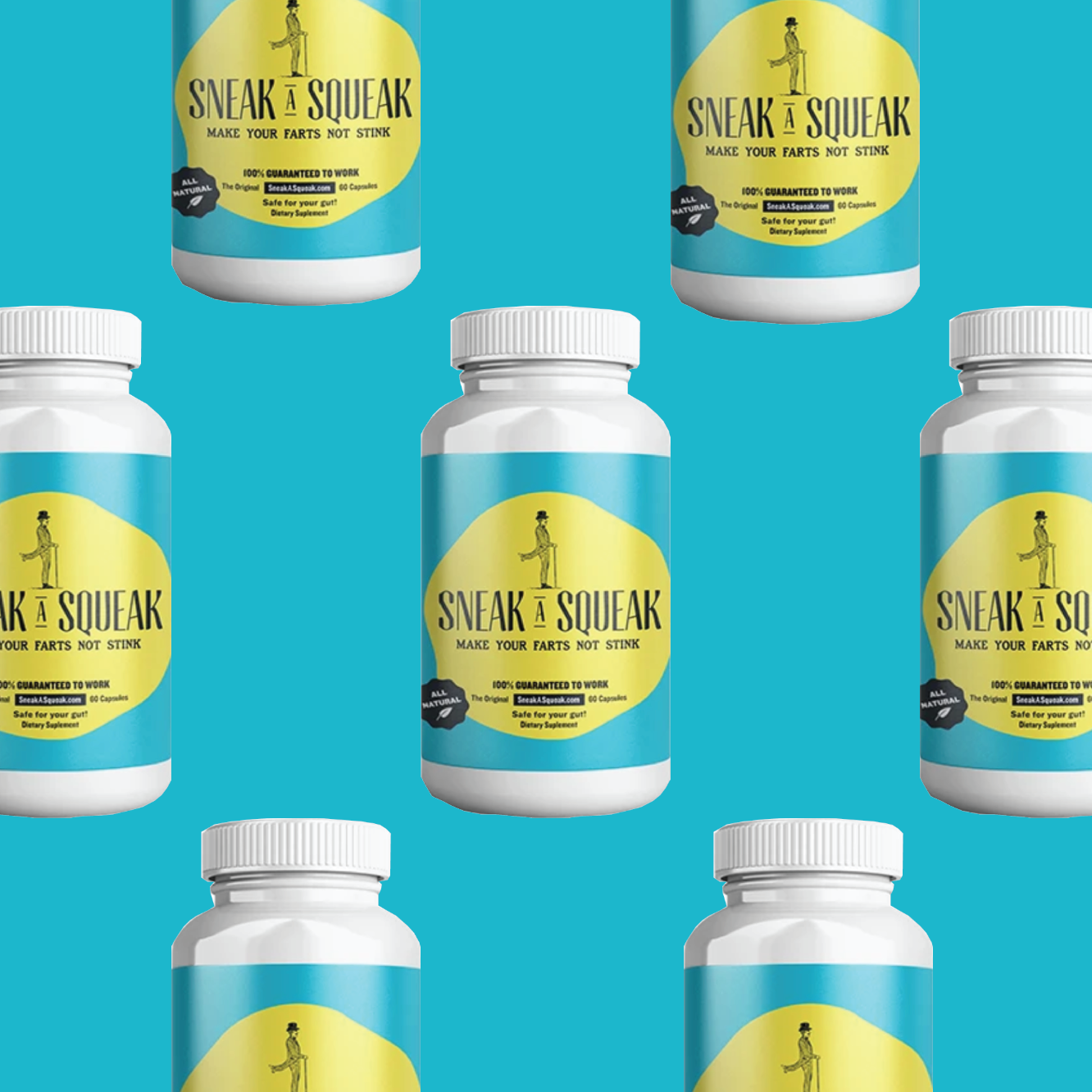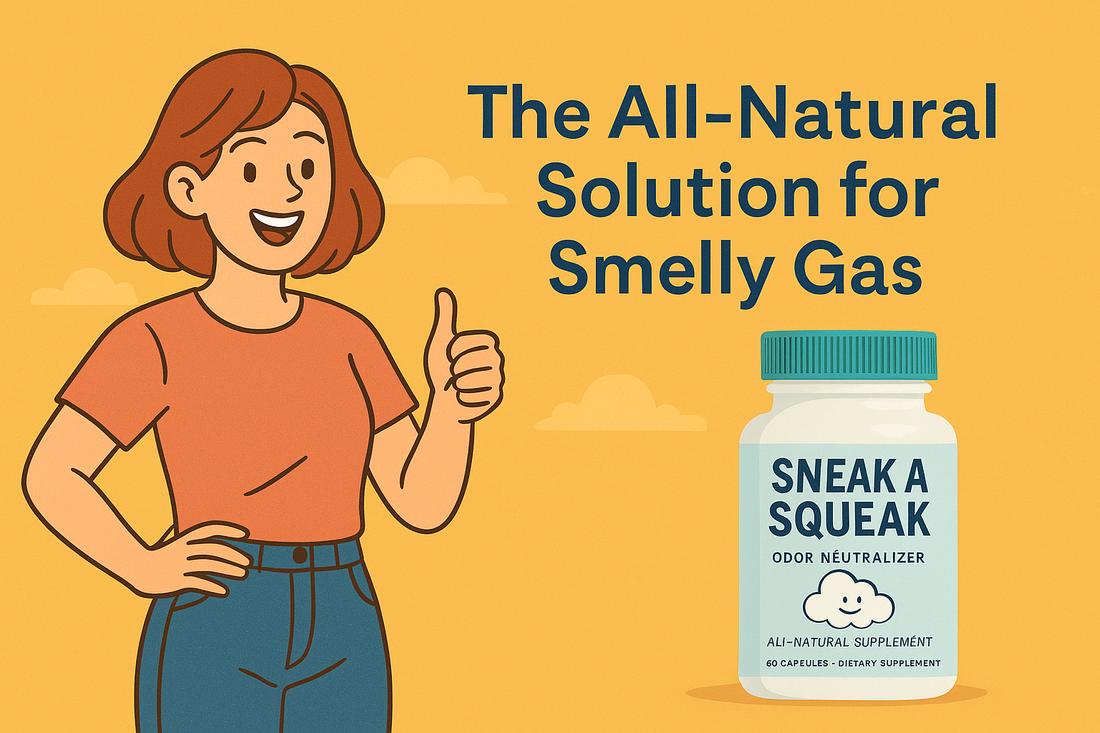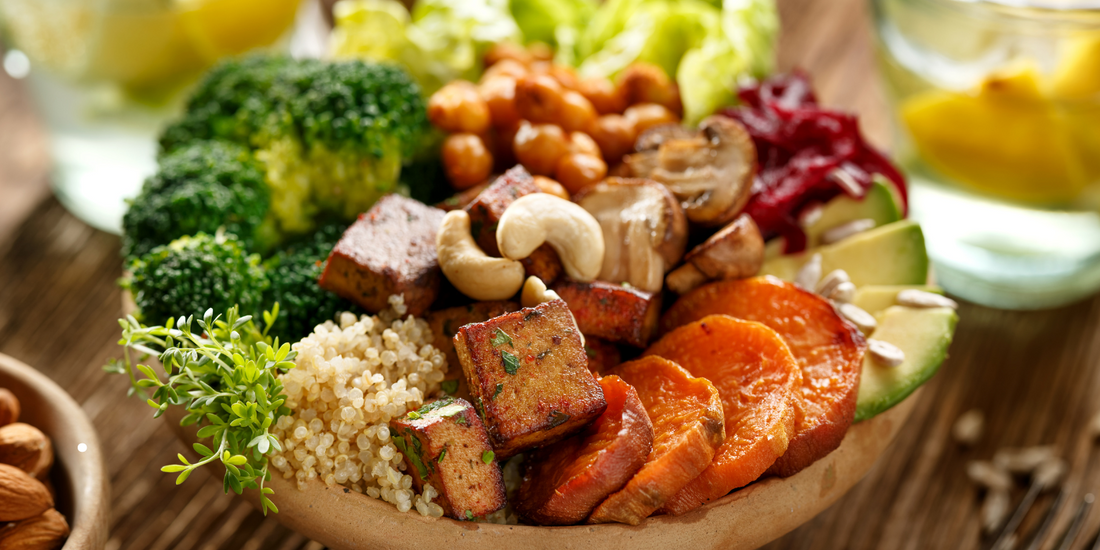"Does anyone else smell popcorn?" (pro tip: do NOT take a deep breath when someone says this)
You’re relaxing on the couch with your friends watching a movie. Suddenly, someone farts. The whole room is filled with this deadly smell, and everyone just can’t help but blame each other, even though they've all done it before. You think to yourself, “Why do farts smell so bad?” That’s the questions we'll dive into today.
The Big Bang: Origins of a fart
Farts are caused by bacteria. The same type of bacteria that causes indigestion and diarrhea in the stomach also causes your farts. This is because your lower intestine doesn't have as much oxygen or acid to kill these bacteria, so flatulence results when they're expelled through your anus.
It's all about the hydrogen sulfide and ammonia! When you eat something, it gets broken down into smaller molecules in your stomach before entering into your small intestine where most of the nutrients from food are absorbed into your bloodstream and cells. The leftovers become poop once they reach the large intestine, which then exits out of our bodies as waste matter via pooping or farting (or both).
When it comes time for a fart to happen, those leftover digestive molecules hang out at their final destination: our rectums where there's plenty of water and air surrounding them—the perfect environment for fermentation! The fermentation process creates gases like hydrogen sulfide and ammonia; this causes bubbles which expand until they pop up through our bum cracks causing us all sorts of trouble since we don't want them anywhere near us (or anyone else).
Crouching Beans, Hidden Flatulence: The life cycle of a fart
Passing gas is a natural process that is a sign of good health. It is also an important part of the life cycle of a fart, or at least it was before the introduction of artificial flatulence enhancers (don't ask...).
As you know if you've ever been around someone who has just farted and then looked at their rear end with a microscope, farts are made up largely of gases; most commonly hydrogen sulfide (H2S), methanethiol (CH3SH) and dimethyl sulfide (CH3SCH3). These gases are produced in your digestive tract when bacteria break down foods like beans, lentils and brussel sprouts. When these foods are eaten by animals with complex digestive systems like cows or humans, intestinal bacteria produce methane as well as H2S and CH4 (methane). These gases combine to form the gaseous mix that comprises the majority of a person's "natural" flatulence output.
Breaking Farts: Why farts stink.
You've probably heard that farts smell like rotten eggs. This isn't just an old wives' tale—the gas that comes out of your butt when you pass gas (technically a by-product of bacteria breaking down food) is actually hydrogen sulfide, which does indeed smell like rotten eggs. Hydrogen sulfide is also a colorless, poisonous and flammable gas with a very strong odor that can be detected at extremely low concentrations—which means it's not just your fart stinking up the room; it's literally poisoning everyone in there! That's why your mom told you not to fart near someone who was sick; she wanted to protect them from exposure to this poisonous gas. Or was that just my mom?
It turns out the reason farts smell so bad has nothing to do with what we eat or how much we exercise: It all comes down to the kind of bacteria living in our guts! The type of gut bacteria present can determine whether or not your stinky farts stink up the whole house, so if you're worried about offending friends and family members when they visit for dinner, you may want to know a few tricks you can do to control the level of stink your farts produce.
How to Train Your Farts: How to make your gas not stink.
If you want to avoid the stench of your farts, there are some things you can do. First, you should eat less processed foods and instead focus on eating fiber-rich vegetables. Second, drink plenty of water (at least eight glasses per day) so that your food doesn't stay in your colon for too long. Third, exercise regularly because this will also help with digestion! Lastly -- and most importantly -- take Sneak a Squeak every day as directed on the bottle.
Sneak a Squeak is an all-natural supplement that makes it easier for you to pass gas without anyone else knowing about it! This supplement is made from all-natural ingredients like activated charcoal, yucca root powder, chlorella, and zinc which helps filter hydrogen sulfide and ammonia from the air around them so they won't stink up their surroundings!
It's ok to wear your fart on your sleeve
To wrap up, farts are part of the human experience. They will always be a part of our lives, whether we want them to be or not. We can’t stop farting, however, we definitely CAN stop smelling them. Imagine if everyone understood how farts are made and where they come from, maybe we could all share a laugh about it instead of being embarrassed or ashamed when we pass gas in front of others.





